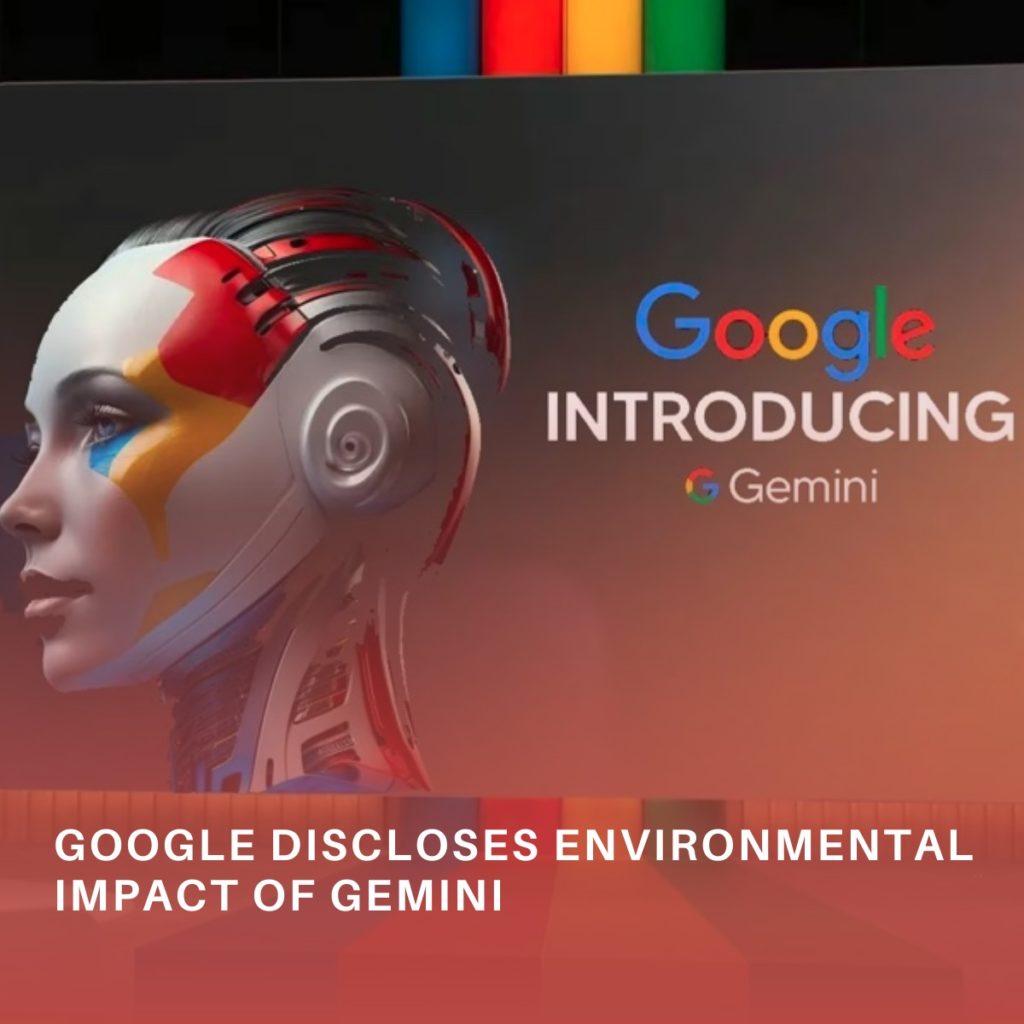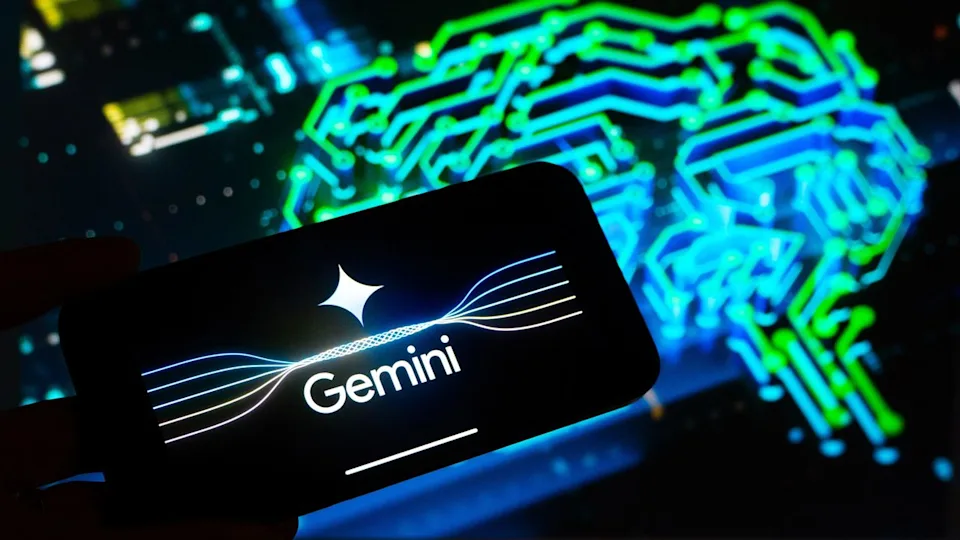Google discloses Gemini AI’s true energy and water use, showing it’s more efficient than rivals while pledging deeper sustainability efforts.
Google Lifts the Curtain on Gemini’s Footprint
Google has finally answered one of the biggest questions about artificial intelligence: how much energy does it really take to run a chatbot? In a newly published paper, the company shared detailed data on the environmental impact of its Gemini AI model, offering a rare look into the hidden costs of AI.
Surprising Numbers Behind Every Prompt
According to Google’s findings, a single Gemini text prompt consumes 0.24 watt-hours of energy, produces 0.03 grams of CO₂, and uses about 0.26 milliliters of water—roughly five drops. That’s about the same energy as watching television for less than nine seconds.
In comparison, OpenAI’s Sam Altman revealed that the average ChatGPT prompt uses 0.34 watt-hours and slightly more water, showing that Gemini comes out ahead in efficiency.
Efficiency Gains on the Horizon
Google isn’t stopping there. The company highlighted massive improvements made over the past year. The median Gemini prompt now requires 33 times less energy and produces 44 times less carbon emissions compared to the previous year—while delivering even better responses.
This leap in efficiency is the result of ongoing research, optimized software, and hardware advancements.
Beyond Energy: Water and Cooling Count Too
The study also considered other overlooked factors, like water usage for cooling data centers and the role of idle machines that stay on standby to ensure reliability. Google’s approach even included overhead costs such as power distribution and heat management, measured through Power Usage Effectiveness (PUE).
A Broader Push for Sustainability
Google’s chief technologist, Ben Gomes, emphasized that making AI greener will demand smarter infrastructure, cleaner energy, and innovative new technologies. He also stressed the importance of industry-wide standards for measuring AI’s environmental costs.
“Realizing AI’s potential means building systems that are not only smarter but also more sustainable,” Gomes explained. “This is about reducing costs for the planet as well as improving performance for people.”

Why This Matters
AI is becoming part of daily life, from powering search to creating content. But as its use grows, so do concerns about its energy demands. Google’s latest disclosure is both a response to those concerns and a statement of intent: the company is committed to making AI more efficient, transparent, and environmentally friendly.
Stay updated instantly — follow us on Instagram | Facebook | X



























